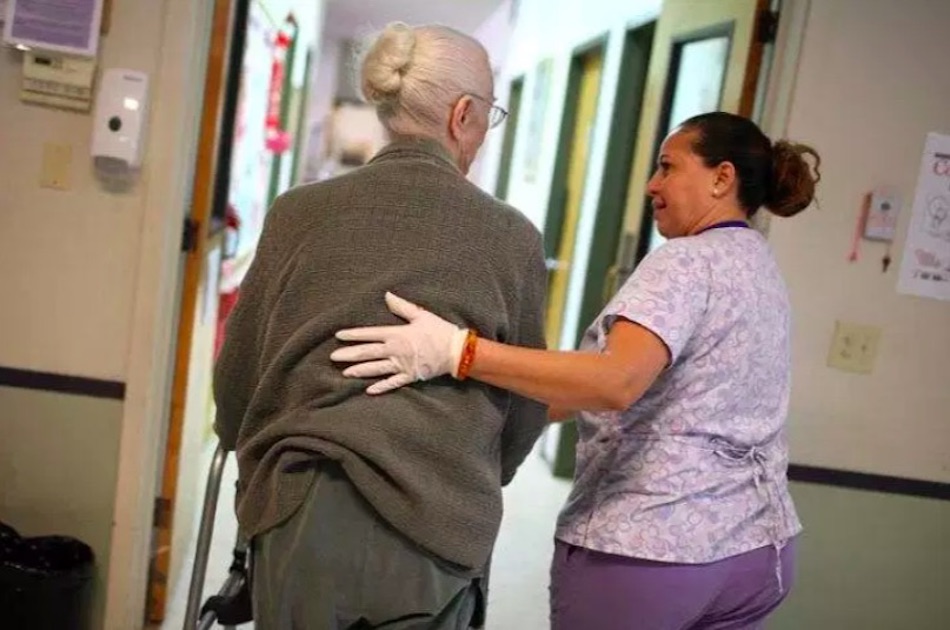Methodology and data should be sourced and put to independent peer-review
Burnaby, BC (August 1, 2018) Seniors care providers are raising serious questions about the data and methodology used in a report released today by the Office of the Seniors Advocate (OSA). Isobel Mackenzie, the Seniors Advocate, is appointed by the Health Minister and reports directly to the Deputy Minister of Health. In the report, Mackenzie singles out for criticism the roughly 70 percent of long term-care contracted providers in our province who are funded by the Ministry of Health to deliver service.
The Canadian Institute for Health Information (CIHI) reports that in 2014/15 just under 350,000 seniors visited an emergency room in B.C. According to OSA, 13,800 of those individuals who live in government or contracted care homes visit emergency rooms each year – with 47% of them having been appropriately referred to acute care. In other words, only 2% of the overall visits by seniors to emergency departments in BC are the focus of this OSA report.
“We are in vehement agreement with the Seniors Advocate that everything possible should be done to ensure we limit the number of inappropriate referrals to emergency departments,” says Daniel Fontaine, CEO of BC Care Providers Association (BCCPA). “Unfortunately, this flawed report appears to have been produced at the last minute and is filled with questionable suppositions and political buzzwords, rather than independent research.”
The Seniors Advocate’s report points out that “there is no statistically significant difference between private and public long-term care facilities.” It also states that pinpointing the alleged “underperformance” of private care operators “is difficult and indeed is likely multifactorial.” The OSA’s report advocates for increasing wages and benefits of care home staff, but fails to outline the cost or where the funding will come from.
The report claims that residents in private or non-profit operated care homes are 32% more likely to visit the emergency department. However, the OSA is unable to substantiate whether these visits were inappropriate or not. In fact, the report does reveal that 34% of all seniors referred to emergency rooms were assessed by a physician and admitted into the hospital as they required a higher level of care.
“From the report we have no idea if the data has been peer reviewed by an independent third party,” says Bob Breen, Executive Director of the Denominational Health Association (DHA). “We could be looking here at an apples to oranges comparison on a range of variables such as staffing and funding levels at the care home, or even its proximity to the acute care hospital. The OSA also acknowledges that this report only paints a partial picture as it excludes a number of care homes, as well as those in rural and remote areas of the province.”
“The issue of wages and benefits for workers is something best dealt with through the collective bargaining process,” says Breen. “Furthermore, we expect the OSA to speak with organizations like ours not only to verify her claims, but to work with care providers to seek solutions as well. This is something that we have not seen to date.”
Notwithstanding our concerns about the OSA’s position stated in the report, DHA and BCCPA will continue to strive to ensure that B.C. seniors receive the best care possible and will work with the Ministry of Health to do so.
“The transition into long term care is one of the most challenging decisions a family can make. It is unfortunate that a report like this can instill additional fear and uncertainty,” says Fontaine. “Nothing is more important than making sure that B.C. families are confident in the care we provide for their elderly loved ones.”
-30-
MEDIA CONTACT
Rumana D’Souza
BCCPA Digital Media & Communications Coordinator
(778) 681-4859, rumana@bccare.ca
Bob Breen
Executive Director, Denominational Health Association
bob.breen@denominationalhealth.ca





